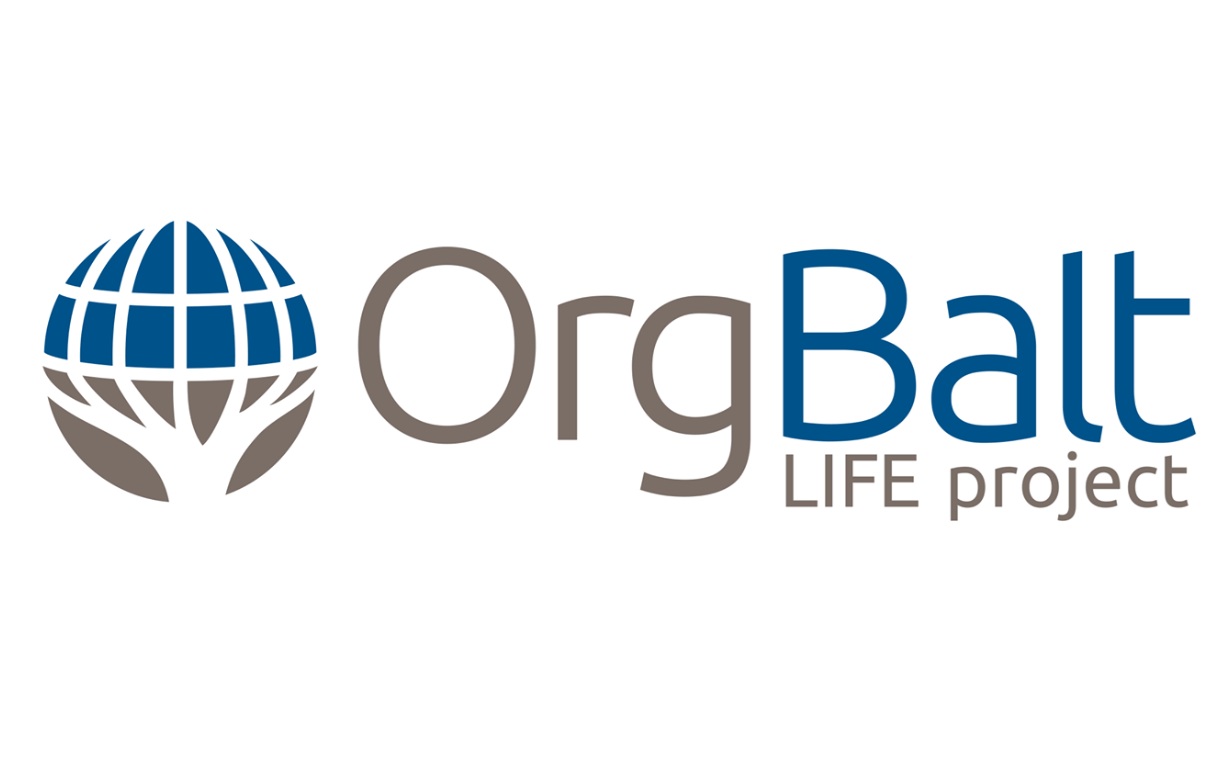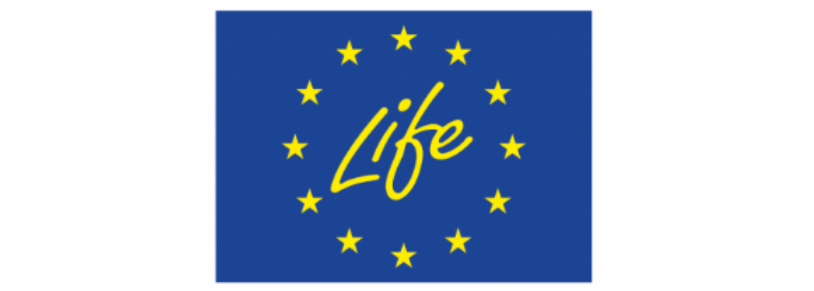Demonstration of Climate Change Mitigation Potential of Nutrients Rich Organic Soils in Baltic States and Finland

Source of funding
LIFE programmeScientific leader
Aleksejs NipersProject website
🌐Duration
2019 - 2024Budget
327 000 EURProject description
The LIFE OrgBalt project aims to implement innovative climate change mitigation (CCM) measures in nutrient-rich organic soils within the temperate continental climate zone. These measures have the theoretical potential to reduce greenhouse gas (GHG) emissions by nearly 20 million tonnes of CO2 equivalent per year, particularly in the agriculture sector, which accounted for 63% of organic soil emissions in 2015. The project will assess the feasibility of these reductions by improving GHG accounting methods, refining activity data for conventionally managed nutrient-rich organic soils, and identifying sustainable, resilient, and cost-effective mitigation strategies. Additionally, it will develop tools and guidance for the implementation and verification of these measures. By reducing GHG emissions from cropland, grasslands, and forest land, LIFE OrgBalt will support the UNFCCC Paris Agreement, EU climate policies, and national targets for the post-2020 period. The project aligns with EU goals to cut emissions by 40% by 2030 and 80-95% by 2050, compared to 1990 levels.
Project partners
- Latvian State Forest Research Institute “Silava”
- Association Baltic Coasts, Latvia
- Lithuanian Research Centre for Agriculture and Forestry
- Natural Resources Institute Finland (LUKE
- Ministry of Agriculture of Republic of Latvia
- Michael Succow Foundation, Germany
- University of Tartu

